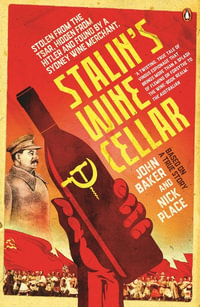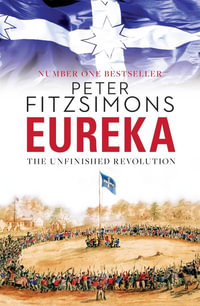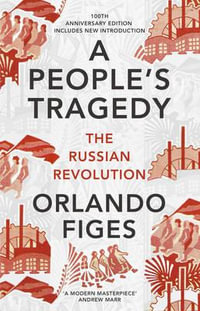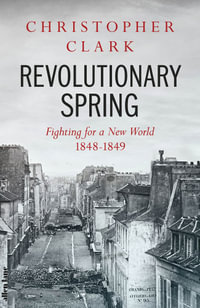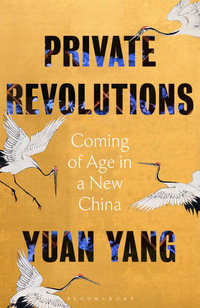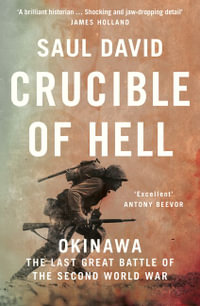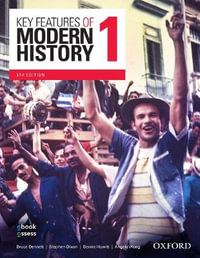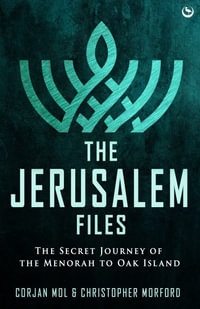Between 1919 and 1923, Ireland was engulfed by violence as the Irish Republican Army (IRA) fought a guerrilla campaign against the British state and later fellow Irishmen and women in pursuit of an Irish Republic. Police barracks and government offices were attacked and burned, soldiers and policemen were killed and the economic and social life of the country was dislocated.
Britain itself was a theatre in the war too. 'In the heart of enemy lines', as one IRA leader put it, cities such as London, Liverpool, Manchester, Newcastle-upon-Tyne, Glasgow and their environs saw the establishment of IRA companies, Irish Republican Brotherhood circles, Cumann na mBan branches and Na Fianna Eireann troops. Composed of Irish emigrants and the descendants of emigrants, these organizations worked to help their comrades across the Irish Sea. Their most important activity was gunrunning, acquiring and smuggling weapons to Ireland. In November 1920, setting fire to warehouses and timber yards in Liverpool, they launched a campaign of violence. Meanwhile, mass-membership organizations such as the Irish Self-Determination League of Great Britain and Sinn Fein sought to persuade the British public of Ireland's right to independence. Republican leaders such as Michael Collins, Rory O'Connor and Liam Mellows took a keen interest in these exploits.
Making extensive use of archival sources and memoirs, The IRA in Britain is the first book to study this little known aspect of the Irish Revolutionary period. Tracing the history of the Irish Volunteers in Britain from their establishment in 1914 and participation in the Easter Rising two years later, through the weapons' smuggling activities and violent operations of the War of Independence to the bitter divisions of the Civil War and the response of the authorities, The IRA in Britain highlights the important role played by those outside of Ireland in the Revolution.
Industry Reviews
An intrinsically valuable work - intellectually serious, well-researched and original. Gerard Noonan's book is an outstanding, definitive analysis of an under-researched topic - the role of the IRA in Britain during the crucial periods of the partition of Ireland, War of Independence and republican split. Drawing upon exhaustive, highly original research, Noonan charts a very wide range of IRA activity in England, Scotland and Wales in support of the battles 'across the water'. The book is essential reading for any scholar of the period. Gerard Noonan's new book is a welcome addition to the growing historiography of modern Ireland, which places the Irish diaspora at the centre of analysis...This book deserves commendation for its depth of research and for its novel approach to integrating Irish and British history in a critical period. The IRA in Britain is detailed, comprehensive and well structured. Noonan has drawn effectively on recently available digital archives, which permit the marshalling of 'new' or at least hitherto inaccessible information. This is an important contribution to the historiography of the War of Independence and the Civil War. The author identified the gap in that historiography and has filled it with an original, meticulously researched and well-presented volume... it is essential reading. (The IRA in Britain) makes important contributions to political and social history... it brings to light hitherto neglected perspectives on the ordinary activists, paramilitaries and prisoners - and their families and communities - who experienced and contributed to a decade of monumental change.

